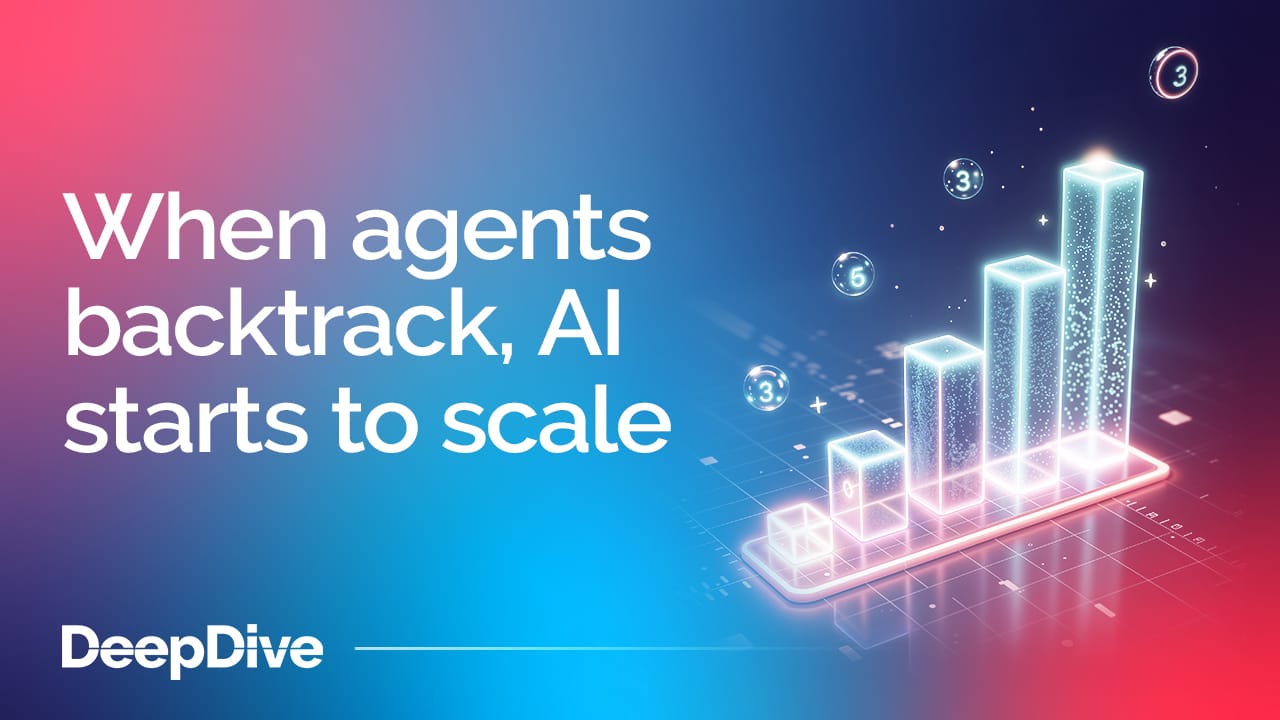

Do you work in a controversial industry?
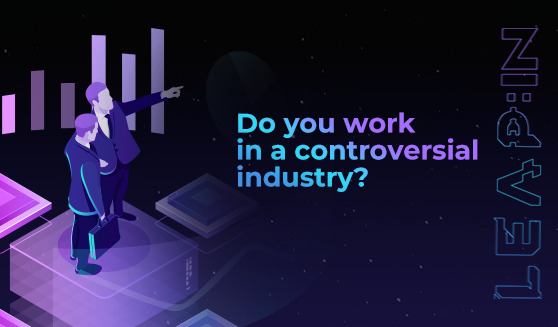
Welcome to the 138 new techies who have joined us since last Friday. If you haven’t already, subscribe and join our community in receiving weekly tech insights, updates, and interviews with industry experts straight to your inbox.
This week we’re quoting Dr. Ritesh Jain (Co-Founder of Infynit)
What Jain said:
“Everything evolves and revolves around payments in the financial world, and if financial services are the heart of the economy, payments are the blood flowing through it.”
Didn’t we talk about payments in another newsletter recently?
Yep, we did – we sent you an email about why payments are less about money, and more about people.
But this week we’ve been very focused on fintech and cryptocurrency, and something that keeps coming up in our explorations of these sectors is this:
Tech that deals with currency, and influences people’s personal finances, can be very controversial.
People are resistant to changes in how their money is handled. It’s hard to trust developments in fintech – from getting used to chip and PIN credit cards, to enabling one-tap payments on smartphones, each new step in financial technology is met with caution and mistrust.
And we all know cryptocurrency is controversial. We won’t go into detail about that now, because this newsletter isn’t actually about crypto or currency at all.
(We did publish a blog post about crypto this week though, if you want to check it out – you can find it here).
We want to know what it feels like to work in a controversial industry
Because this is something we don’t hear anyone talking about. What does it actually feel like to be one of the people working within a sector that loads of people think is horrible?
Without passing judgement on any particular industry – how does that experience affect the individual, whether they’re an innovator at the forefront of the field, or an employee who’s turning the cogs to keep a controversial industry moving?
Full disclosure: it’s been really difficult to find information about this. There aren’t many personal accounts out there, for the world to see, about what it’s like to work in an industry that gets a lot of criticism. And we get it – makes sense that people don’t want to talk about it all the time.

Here’s what we gathered
Like any good digital researcher, when we came up against a series of dead ends, we headed to Reddit and LinkedIn to collect the intel.
And this is what we found.
1. Public perception is a big worry. People working in controversial industries aren’t emotionless. This Reddit thread reveals that like everyone else, they care about what people think of them – and they’re often disheartened by negative judgements about their work, even if they really believe in what they do.
2. It’s hard to navigate work when it conflicts with your personal values. This article urges that anyone considering a job in a controversial industry gives it some serious thought – because if you find that you have to neglect your own values or principles in order to do your work, it can feel extremely uncomfortable and have a negative impact on your emotional wellbeing or mental health.
3. It can be exhausting if you have to defend your work all the time. In a LinkedIn post about her experience, a digital marketer explained that finding touchpoints that enable you to share the positives of your controversial industry can be really tough – because there might be aspects of your work that you’re just not allowed to talk about, either for legal reasons or because lots of information is confidential to your business. To promote your work, you have to be resilient and creative.
4. You have to handle uncomfortable conversations at work on a regular basis. Businesses and innovators in controversial industries are the subject of more scandalous media reporting and political polarisation than those working in less contentious spaces. And you have to be willing to talk about those difficult issues at work. Whether the scandal is connected to your specific business, or more broadly to your industry, you’ve got to open the conversation and develop ways to move forwards – even when it feels like the world is against you.
In short, it sounds pretty tough
It doesn’t sound easy, does it?
We think it’s important to remember that not all controversial industries are doing work that is bad for people, bad for the environment, or purely profiteering. Sometimes, the most controversial businesses in tech are the ones who are taking big risks and trying new things.
So for those of you dealing with the pressure of doing controversial work: we see you. And we’d love to know what it feels like for you. Open up this newsletter on LinkedIn, hit reply, and share your experiences.
One more thing...👀
Discover the latest tech trends and captivating topics that are shaping Saudi Arabia's future, in the exclusive quarterly magazine - LEAP Forward, that brings the spirit of LEAP into deep-dive reads.
This week, read about how the Kingdom is set to become the the world’s fastest-growing major economy in 2023 and how its leap will be propelled by breakneck progress in science and technology across all its sectors.
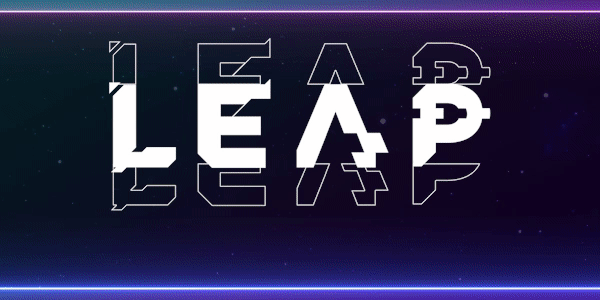
Have an idea for a topic you'd like us to cover? We're eager to hear it! Drop us a message and share your thoughts.
Catch you next week,
Richard McKeon
Marketing Director
P.S. - Mark your calendars for LEAP 2024 📅 4-7 March 2024. Want to be a part of the action?

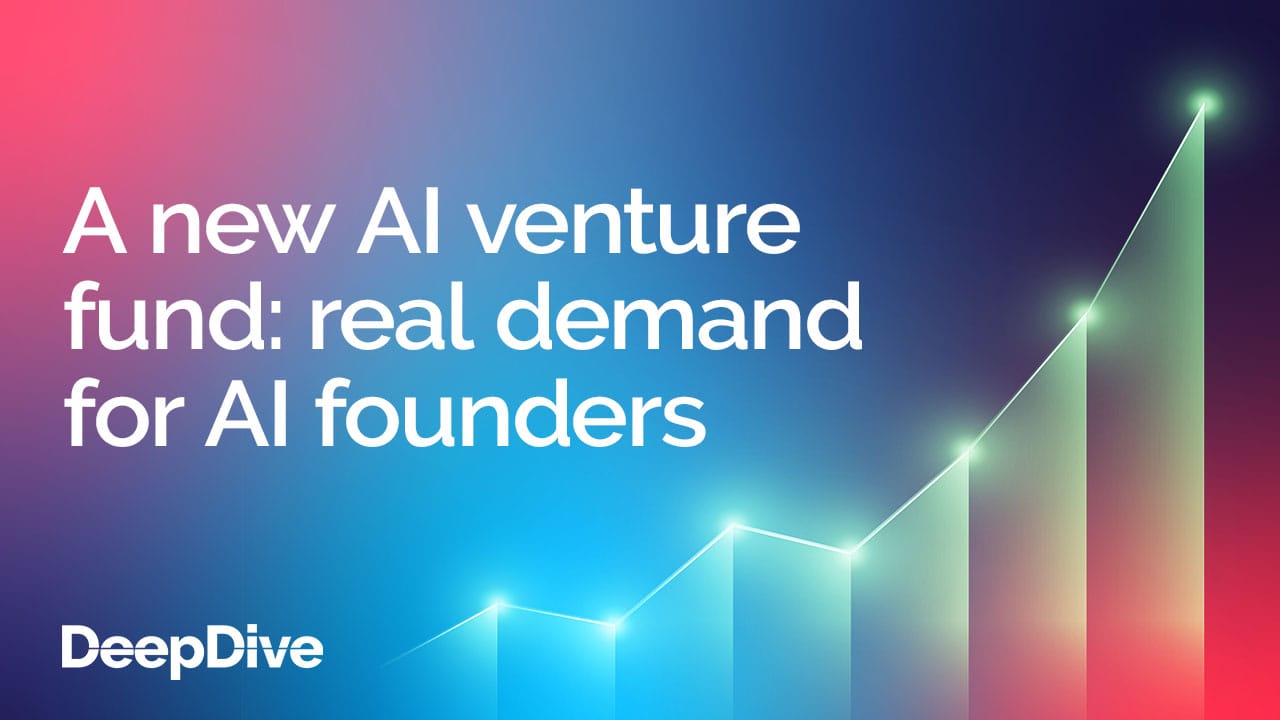
A new AI venture fund: real demand for AI founders
Capital paired with real-world AI deployment opportunities
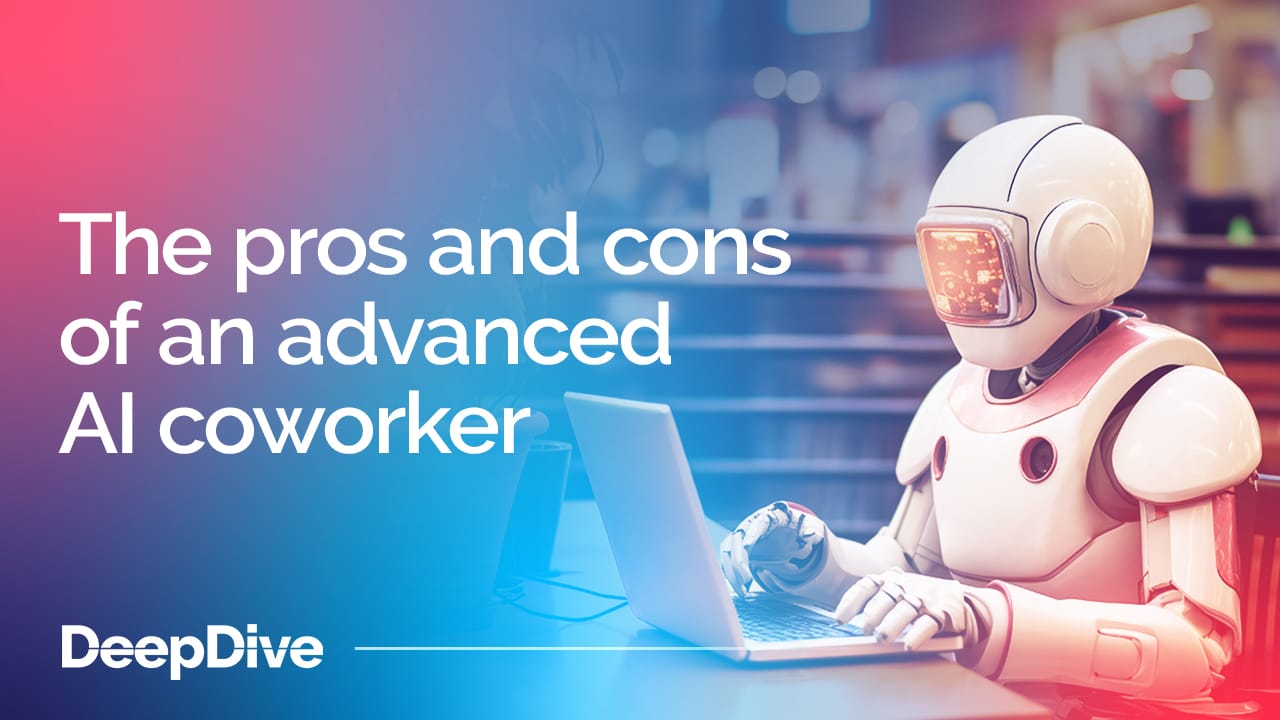
Related
articles


A new AI venture fund: real demand for AI founders
Capital paired with real-world AI deployment opportunities

